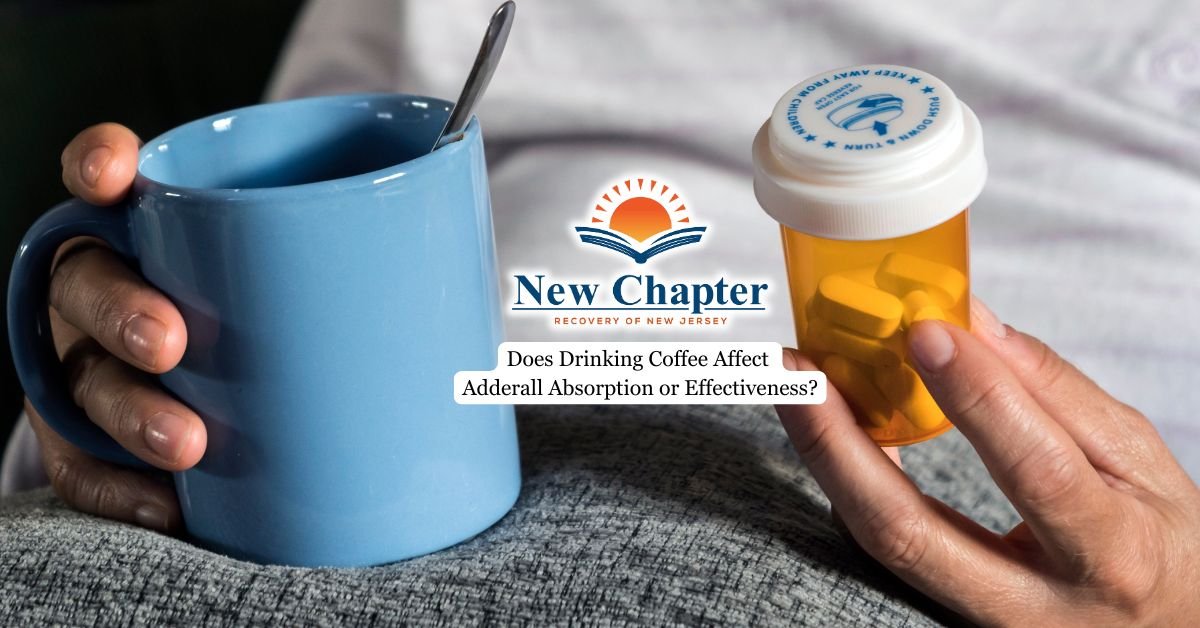Maintaining sobriety after completing an addiction treatment program is a significant milestone, but it requires more than initial care—it depends on continued support and connection. Alumni programs play an essential role in long-term recovery by keeping individuals engaged, accountable, and supported as they transition from treatment.
In this article, we’ll explore how alumni programs provide support for long-term success and why they are considered a cornerstone in addiction recovery.

Building a Lasting Recovery Community
One of the most powerful aspects of alumni programs is the sense of community they foster. Isolation is a common risk factor for relapse, and alumni programs counter this by creating safe spaces for individuals to connect with peers who share similar experiences. These relationships encourage openness, provide an emotional support network, a sense of belonging, and remind participants that they are not alone in their journey.
Social events such as reunions, group activities, and recovery-focused workshops allow former clients to stay connected. These opportunities strengthen bonds, provide encouragement, and help reinforce a recovery-centered lifestyle.
Continued Accountability After Treatment
Addiction treatment programs provide structured support and accountability, but once individuals leave, that safety net can fade. Most treatment centers establish a structured environment to extend accountability and community beyond formal care. Alumni programs offer this commitment through regular check-ins, mentorship opportunities, and ongoing communication. Knowing that others are invested in their growth process can motivate individuals to stay committed to their sobriety goals.
Consistency may also come through participation in alumni-led support groups, where individuals can openly discuss challenges and successes in staying sober. These programs ensure that support continues long after initial treatment, reinforcing responsibility to oneself and to the community.
Access to Resources and Education
Recovery is a lifelong process that benefits from continual learning. Alumni programs often provide access to workshops, educational seminars, and wellness resources designed to help individuals strengthen their recovery and coping skills. These sessions may focus on topics such as relapse prevention strategies, managing stress, skills training, or rebuilding relationships.
By staying engaged with these resources, alumni are better prepared to face life’s challenges without returning to substance use. This ongoing education helps individuals adapt to new situations while keeping recovery as their central priority.

Mentorship and Giving Back
Many alumni programs also create opportunities for individuals to give back to the community. These encourage alumni to mentor those who are earlier in their recovery journey. Acting as a role model not only supports newcomers but also reinforces the mentor’s own commitment to maintain their sobriety. Mentors are especially impactful because they have walked a similar path and can offer authentic encouragement rooted in personal experience.
This cycle of alumni support systems creates a powerful recovery network. Both mentors and mentees benefit: mentees receive guidance and encouragement, while mentors gain a deeper sense of purpose and responsibility in their own lives.
Prevents Relapse and Provides Ongoing Support
Relapse can occur when individuals lose connection to recovery-focused environments. Alumni programs serve as a safety net by offering continued support and immediate outreach if someone begins to struggle. Staying connected reduces feelings of isolation and helps individuals catch warning signs before they lead to setbacks.
By maintaining close ties with communities, individuals strengthen their coping skills and reinforce the importance of consistent recovery practices. These ongoing connections are essential to reducing relapse risk and maintaining long-term sobriety.
Final Thoughts from New Chapter Recovery
Alumni programs play a critical role in helping individuals maintain sobriety post-treatment. By fostering connection, commitment, education, and hope, they provide the ongoing support needed for a lasting recovery. These programs remind many alumni that healing is a lifelong journey best experienced with a strong support system.
At New Chapter Recovery, we understand that lasting transformation requires more than completing a treatment program. That is why our alumni program in New Jersey emphasizes the importance of ongoing connection and resources beyond initial care. Our commitment is to equip individuals with the tools, community, and guidance needed to thrive in recovery and build a healthier future.






